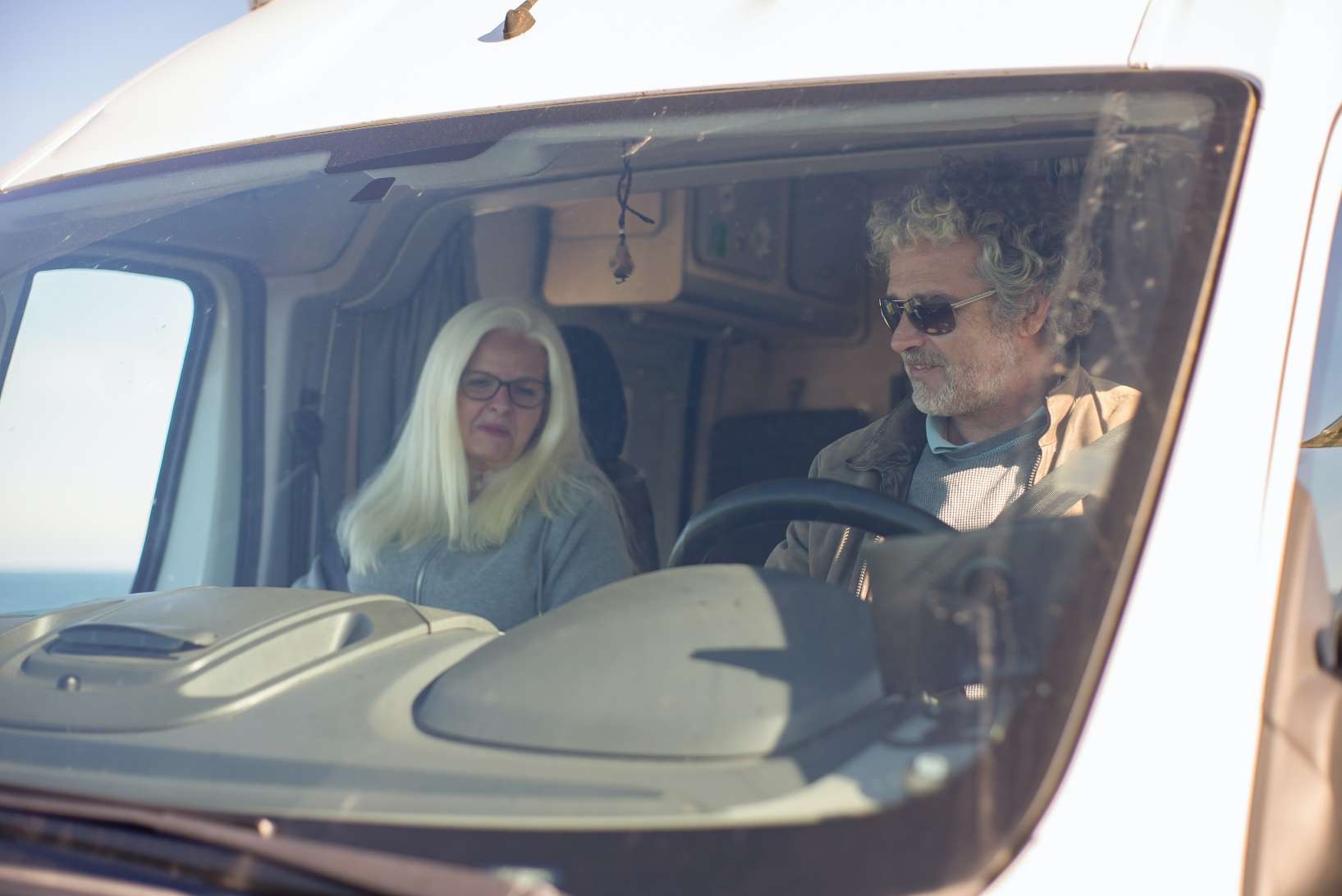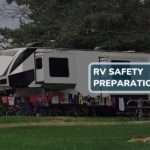
What are the driver’s license legal requirements for traveling in an RV?
While we truly appreciate exploring the great outdoors in an RV only when we’re older and wiser, lately a lot of younger people have been opting for an RV vacation.
Probably because the new generation is spending so much time inside, on their computers, or in tiny, cramped offices, they are constantly seeking new outdoor adventures.
In the last 20 years, the ownership of RVs has increased by more than 62%! The trends in which only the folks who were retiring owned or rented an RV are changing.
Why?
Two words: digital nomads.
Many young workers are nowadays working remotely, wanting to travel the world and make a decent living for themselves. Digital nomads work mostly as freelancers or have full-time jobs working remotely and companies are becoming more open-minded toward employees not spending time in the office.
Well, what are the driver’s license legal requirements for traveling in an RV?
Can you rent an RV at 18?
The minimum age to rent an RV is 25. Some rental companies may make exceptions, but then you’ll need to pay a higher security deposit or have somebody older co-sign the agreement with you.
When renting an RV, you’ll need to show your driver’s license, so you can’t lie or use a fake ID – that is considered fraud and is punishable by law.
Even if you manage to rent an RV, make sure to read the state laws in which you’re traveling.
For example, the minimum age laws for driving an RV in different states are:
California: 18 years old
Texas: 18 years old
Utah: 16 years old
New York: 17 years old
Before you book your RV, make sure to read all the legal requirements and check with your rental company for hidden fees for drivers under the age of 25.
So if you’re wondering if can you rent an RV at 18, the answer is yes, but you’ll have to follow the rental company’s protocol.
Can you drive an RV on a normal license?
A common question that many aspiring RVers have is: Can you drive an RV on a normal driver’s license? The answer to this question is not straightforward and depends on the size and weight of the RV, as well as the laws and regulations of the state in which you plan to drive it.
In most cases, a standard driver’s license is sufficient for driving an RV that is under 26,000 pounds and does not exceed a certain length. However, if the RV is larger or heavier, it may be classified as a commercial vehicle and require a commercial driver’s license (CDL).
Some states even have their own laws and regulations regarding RV travel, which may require a special endorsement or a permit to drive an RV.
It’s always best to check with the specific state’s Department of Motor Vehicles (DMV) to ensure you have the proper license and endorsements to legally operate your RV.
Furthermore, operating an RV requires different skills and knowledge than operating a standard passenger vehicle, such as understanding how to properly tow a vehicle, maneuver in tight spaces, and navigate winding roads. Therefore, it’s highly recommended to take an RV driving course before you start your trip to gain the necessary skills and knowledge to safely operate your RV.
Towing regulations for RVs
If you choose to tow your RV, make sure to follow the state regulations regarding the size and weight of the vehicle that is being towed. Many states set a speed limit of 65 for coaches with vehicles in tow; others set a limit of 55 mph.
If you’re towing a vehicle, then you should ALWAYS know your combined gross vehicle weight. This is the total weight of your RV, your towed cargo, all of the passengers, and all of the weight inside.
You can find public scales near major highways in most states.
Before leaving for your trip, make sure to check the allowable height and weight in the state you’re traveling with your RV. If you’re crossing multiple states, list all the towing regulations for RVs that pertain to your situation.
Conclusion
Whether you can drive an RV on a normal driver’s license depends on the size and weight of the RV, as well as the laws and regulations of the state you’re planning to visit. It’s important to check with your state’s DMV and also consider taking a RV driving course before hitting the open road.
Make sure to check with the rental company and respect their policy.
If you’re towing a vehicle, follow the regulations regarding the combined gross vehicle weight.
If you plan on visiting different states, make sure to list them all and check their regulations because each state may have a different regulation regarding RVs.
By understanding legal requirements and gaining the necessary skills and knowledge to drive an RV, you can have a safe and unforgettable experience.





